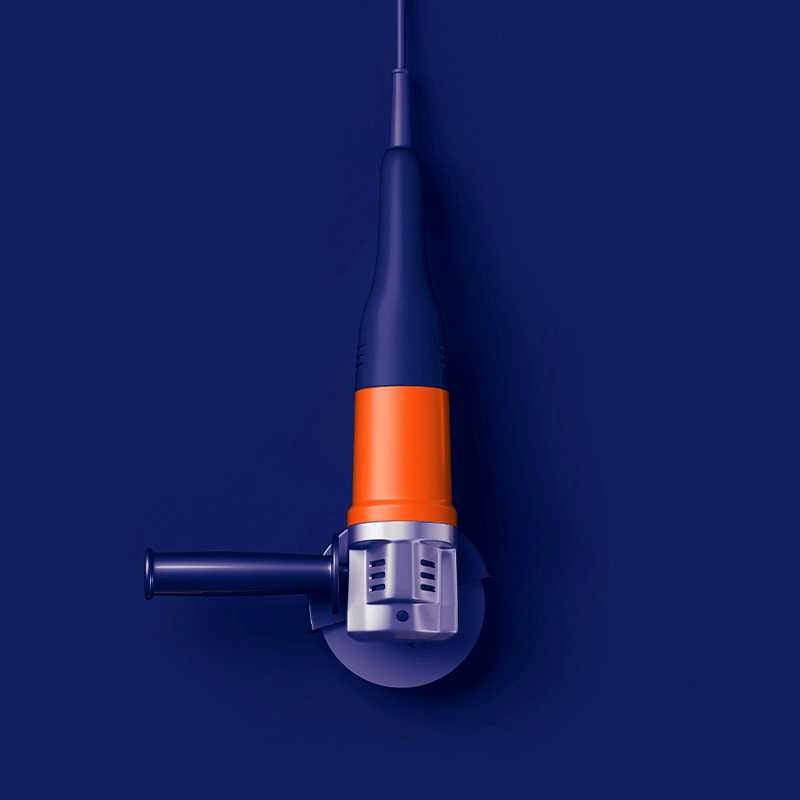Millions of people around the world are struggling to overcome their drug addiction, and while widespread help is available, many people fail to receive the support they so desperately need. It’s a harsh reality that often comes with dire consequences for everyone involved.
While most addicts don’t have the money or peace of mind to seek help on their own. In fact, some addicts have yet to accept they need treatment at all. With that said, an addict’s loved ones – including their friends and family – play a significant role in the process.
Quitting a drug – whether it’s alcohol, nicotine, prescription drugs, illegal drugs, etc. – is never easy, but it’s certainly possible with the right assistance, guidance, and support. If you know someone that can benefit from drug addiction treatment, seek professional help immediately.
What are the Signs a Loved One is Addicted to Drugs?
Drug addiction impacts an individual’s life in more ways than one, and understanding the many different signs and symptoms can save someone’s life. Early detection and swift action go a long way in ensuring the individual receives the proper treatment and help at the right time.
Let’s take a look at some of the most common physical, psychological, emotional, and relational signs of drug addiction:
- Physical Signs – stumbling often, lack of coordination, reduced sexual function, cramps, weight loss, frequent runny nose, random cuts and bruises, dilated pupils, and red eyes.
- Psychological Signs – changes in sleep patterns, increase or decrease in confidence, talking more or less than usual, suicidal thoughts, harming oneself, and hallucinations.
- Emotional Signs – crying often, moments of hysteria, verbal abuse, depression, anxiety, irritability, agitation, lack of interest, and frequently being on the defensive.
- Relational Signs – frequent and violent arguments, hard time holding a conversation, distancing oneself, isolation, marital issues, always asking for money, and missing work.
As you can see, drug addiction changes the way a person thinks, acts, behaves, feels, interacts, and socializes with those around them. Not only that, but it has a significant impact on those that love and care about them dearly. With the right help, everyone involved can recover.
How to Get a Loved One Into Rehab?
Although it’s usually the individual’s choice to start using drugs, it’s essential to understand that addiction isn’t a choice. Even those who want help and want to be independent of drugs will have difficulty overcoming the withdrawal symptoms and temptations to start using again.
If the loved one comes forward about their addiction and need for help, stay calm and free of judgment. It takes a lot of courage to admit to their drug addiction. This is no time to make your loved one feel guilty or embarrassed. They need your support, and they need it right now.
Ask them if they’d like to start searching for a drug treatment program that suits their needs. Be right by their side when calling and visiting rehab centers. When they have someone by their side every step of the way, they feel a little more comfortable and motivated to seek help.
If they haven’t admitted to addiction, but you see signs a loved one is addicted to drugs; you’ll want to confront them – while avoiding making them uncomfortable. They’ll likely get defensive, but you want to assure them that you only want to help them live a more healthy lifestyle.
Pick the right time and date to confront them. Consider holding an intervention with a professional interventionist. Be honest with them and avoid judging them on their behavior. And most importantly, listen to them. Let them know you’re only there because you love them dearly.
Finding the Best Drug Treatment Program
If your loved one is an addict, time is of the essence. The longer they abuse drugs, the more they’ll continue to harm their physical, emotional, mental, and social self. Addiction treatment is available, and while it’s often a complex process, your loved one can recover and thrive in life.
At Thrive Treatment, your loved one is in good hands. We understand that addiction isn’t a choice and firmly believe that rehab treatment isn’t a punishment. It’s the beginning of what could be the rest of their healthy, happy, and rewarding life. It’ll change their life forever. Thrive Treatment is an outpatient rehab in Southern California, ready to help you today.
Our goal is to provide addiction treatment in Santa Monica and to help the individual sustain sobriety, understand the consequences of drug addiction, develop personal values and healthy habits, heal broken relationships, do away with toxic relationships, and learn how to care for oneself. Contact us today to learn more!








